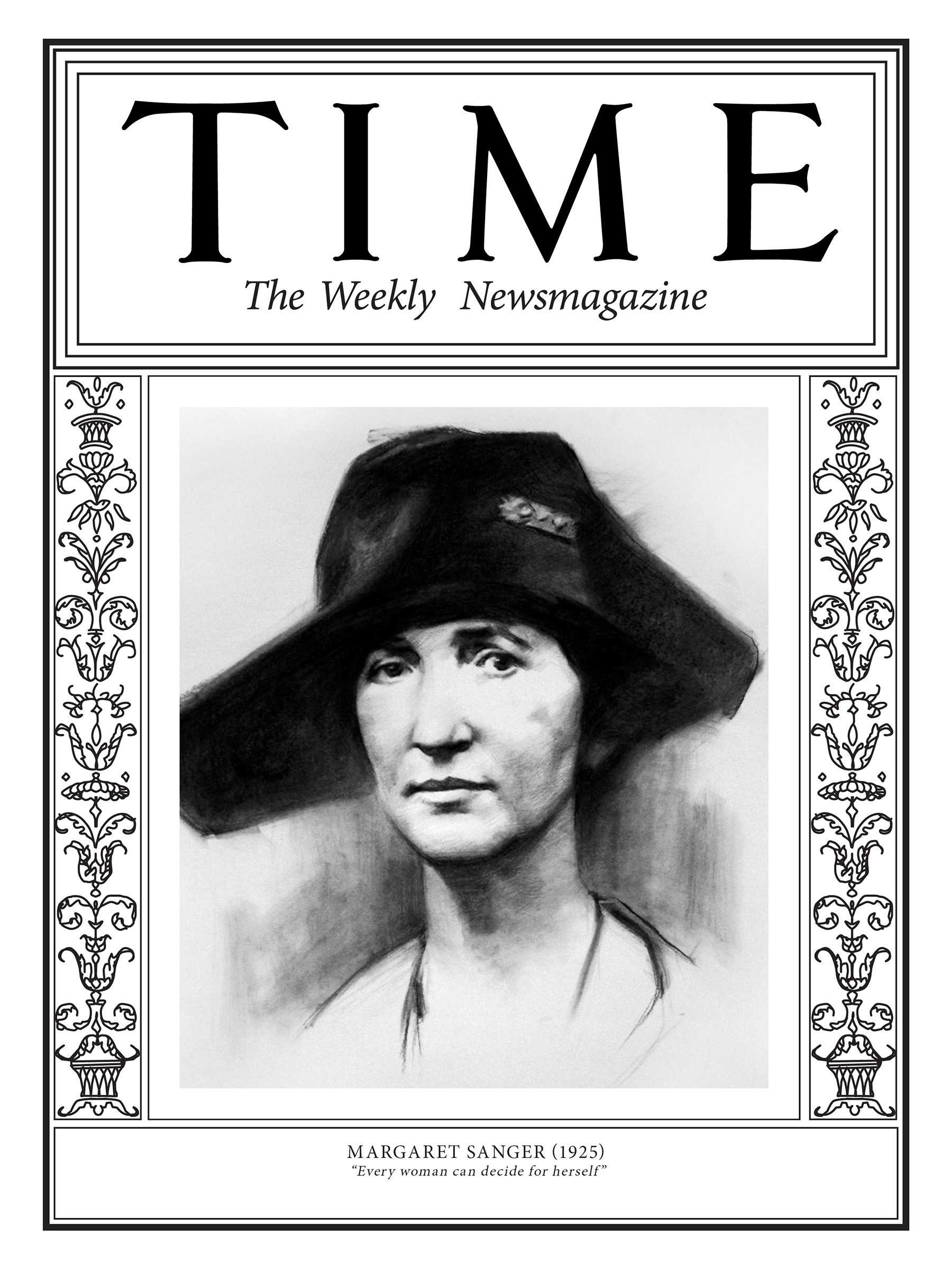In March 1925, one of America’s most famous women took the stage at an international birth control conference to argue for “the health and happiness of the Unborn Child.” Though she joked about a civil service exam for would-be parents, Margaret Sanger made a case for birth control as an alternative to both abortion and “enforced, enslaved maternity.”
Already, Sanger had defied laws that rendered both contraception, and talking about birth control, crimes. She became a subject of gossip and outrage for her public clinic and campaign to make birth control a topic of conversation.
Sanger’s association with the eugenics movement would ultimately compromise her reputation. She argued that birth control could be used to weed out “defective” babies. It was part of an ongoing alignment with those who thought birth control could be used to breed more desirable traits into the population—a move possibly informed by her desperation to popularize contraception.
Historians still tussle over Sanger’s complicated legacy. What isn’t at issue is her influence: Sanger founded the predecessor to Planned Parenthood, and by helping legalize birth control, she helped women gain control over their bodies and futures. —Erin Blakemore
Blakemore is a journalist and the author of The Heroine’s Bookshelf
This article is part of 100 Women of the Year, TIME’s list of the most influential women of the past century. Read more about the project, explore the 100 covers and sign up for our Inside TIME newsletter for more.
